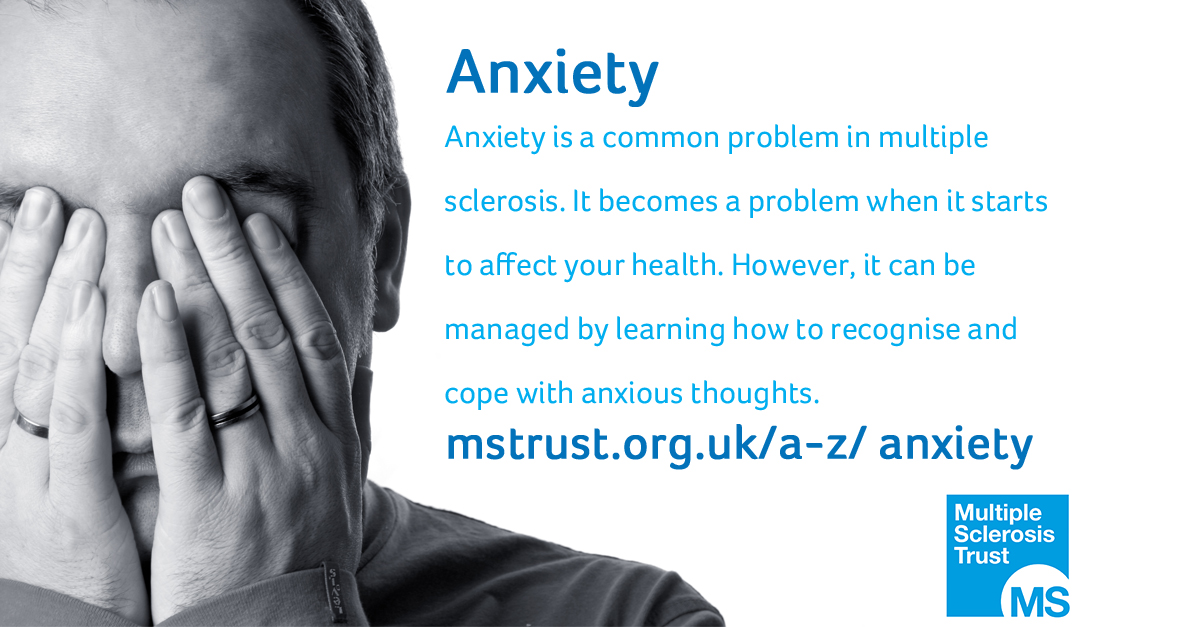
Autism and anxiety tips – does CBD help autism and anxiety symptoms? Hi indie people, in this video, I talk about my autism anxiety symptoms and some autism and anxiety tips for autistic people to help them.
Anxiety can be comorbidity with autism and it’s something which is quite common when it comes to autism and anxiety in adults. Whether it’s autism and generalized anxiety disorder (Persistent worry about multiple things), or autism and social anxiety disorder (the fear of meeting or speaking to people), these can be comorbid with autism spectrum disorder.
Anxiety is the feeling of unease, such as worry or fear, that can be mild or severe. Now anxiety is something we all experience from time to time and it is a normal feeling to experience especially for certain things i.e. taking a test, going for a doctor’s appointment. But too much anxiety can be really unhealthy & can affect daily life in multiple ways.



